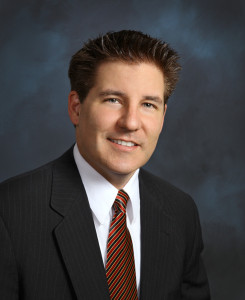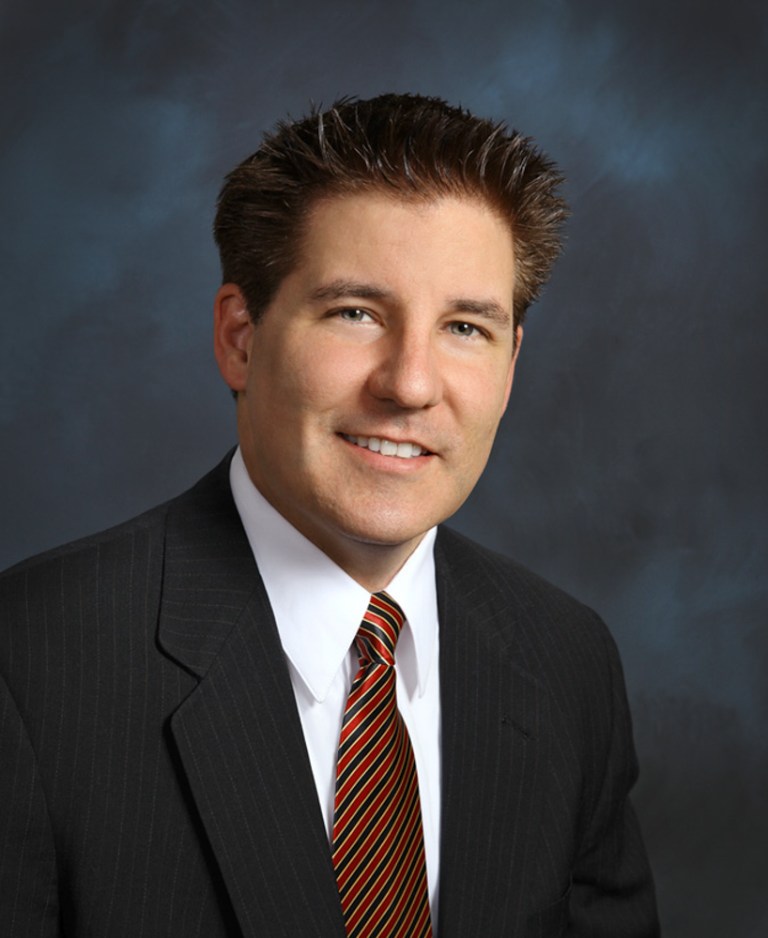
Last week the California Supreme Court made a landmark ruling that Sergio Garcia and other undocumented immigrants who have passed the bar exam must be afforded a license by the state. Garcia—who was brought to the United States as a baby but has permanently lived in California since the age of 17 waiting for his visa—passed the bar exam in 2009. It’s only after the recent ruling that he will be granted his license to practice law.
Daniel Siciliano J.D. ’04, a Stanford Law School professor of the practice of law, spoke to The Daily concerning the court’s decision and its implications on furthering immigration reform and the future of the economy.
The Stanford Daily (TSD): What was the legal basis for the court’s rationale?
Daniel Siciliano (DS): I didn’t read the final case outcome, but I know that part of the basis was that the federal determination of his status–meaning that he is here in contravention of an existing statute–was insufficient to disallow him to be admitted to the bar.
It would have been a very different thing if he entered unlawfully when he was, let’s say, 25. And it’s also important to note that his relationships with the United States were very profound and deep. If he had only entered the first time when he was 17 I think at the narrative level that would have made a big difference.
TSD: What do you think will be the limitations Garcia will face after this?
DS: Now he has employability challenges. So on the one hand he has been admitted to the bar so he is licensed to practice law in California and licensed to practice in the United States as well under broader circumstances, but he isn’t readily able to be employed since he is not eligible for employment in the traditional sense because of his undocumented status.
This is outside of any formal legal structure, but there is an observed phenomena among those who have been in the United States for a long time and are not documented in the way that allows them to work, and that is that a lot of people become self-employed. And so it’ll be interesting to see if he goes that route. I mean a lawyer can hang out a shingle and practice, so we’ll have to wait and see.
But at the moment his biggest challenge is he’s a member of the bar, he’s a real lawyer and he can’t work for a law firm, and they haven’t sorted that out to my knowledge.
TSD: Are there any economic implications behind this decision?
DS: This is really relevant for economic and policy development. One of the things we know about immigration–documented, undocumented, skilled and highly skilled–is that when you analyze [immigrants’] net contributions to the economy they tend to grow the economy.
One of the interesting pieces…is that the more education an immigrant has, the little bit more of a multiplier that contribution has on average–not always, but to a certain extent, like doctors, engineers with master’s degrees and so on and so forth.
It isn’t all that often that you have an undocumented cohort of immigrants, I think, overlapping with lots of advanced degrees, but it turns out that there is someone who happens to have been undocumented, has an advanced degree, a J.D., and if you don’t let him practice law then you’ve actually managed to strip out the advantage of his contribution to the economy. One question you’re asking is, “Is this good for other people in the economy who were born in the United States of America and are not immigrants?” The answer is, if you let him practice law, probably. If you don’t let him practice law, maybe not.
TSD: Similar cases are going to be reviewed in New York and Florida. How do you think those cases will go?
DS: Both of those I suspect would act more like California than not. We’ll see where it goes and it’ll be interesting to see what happens if it crops up in a state like Arizona or in other states that tend to be viewed as more conservative towards their reactions towards undocumented immigrants. I don’t know how that will turn out but we’ll be debating it for at least a month or two. Which is good.
Contact Alex Zivkovic at aleksa ‘at’ stanford.edu.
